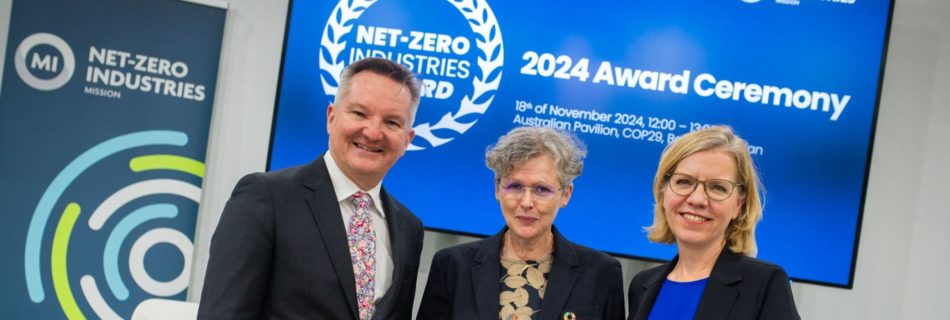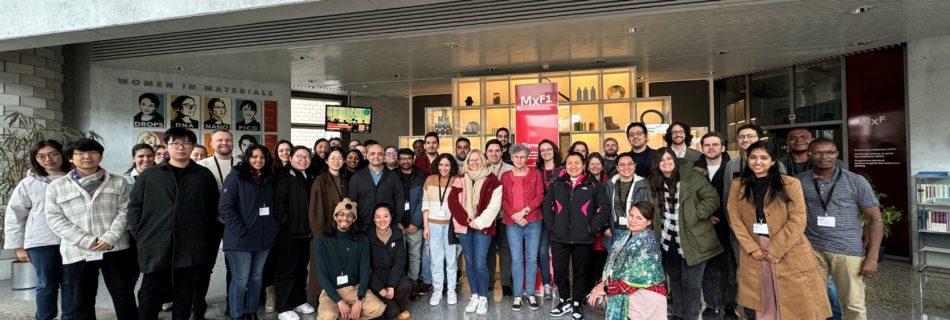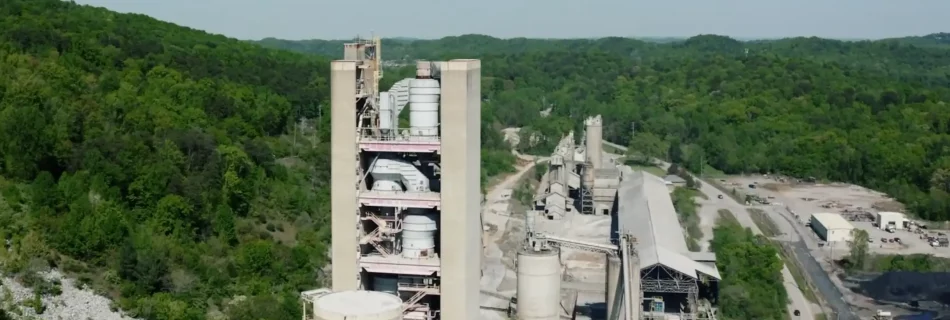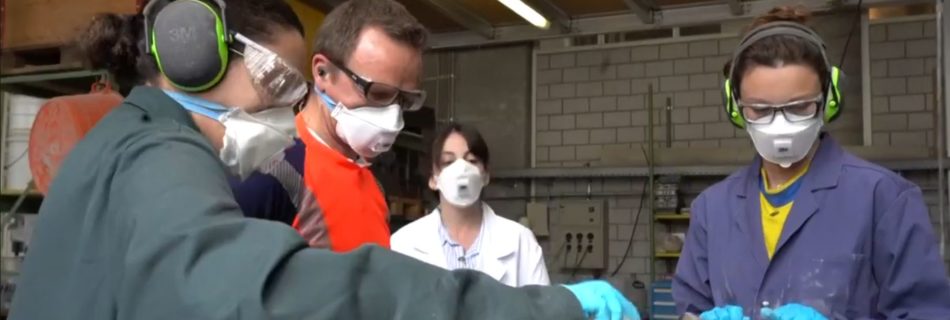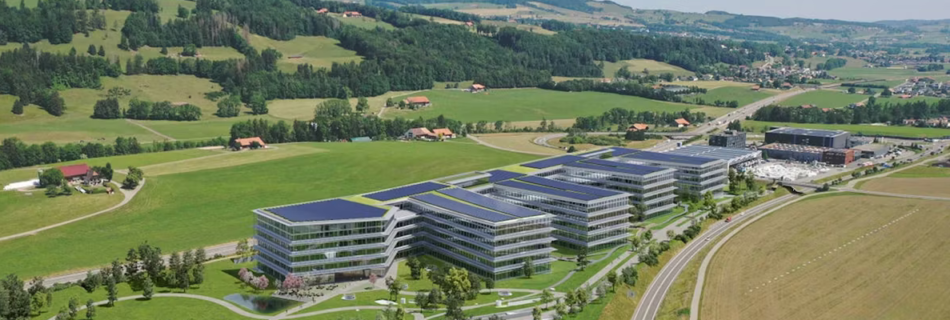While attending COP29 Prof. Karen Scrivener, Head of the Laboratory of Construction Materials at EPFL, was awarded NIM – The Net-Zero Industries Mission’s Female Innovator Global Winner Prize. Karen and Anne DeKeukelaere (pictured below) have been reminding decision-makers at COP29 that solutions already exist, from materials innovation to collaborative frameworks, […]
Read MoreLC3 News
Info Day in Guwahati, India
TRC Asia is happy to announce that they are organizing an LC3 day in Guwahati on the 4th December, 2024
Read MoreRegistration open for Doctoral School Spring 2025
Please sign up for places at the Doctoral School, the dates are from the 10th to 13th of February
Read MoreNew video : Low Carbon Cement for a Greener Future
Our latest video on LC3 is now live. Check it out and see how LC3 is paving the way for a greener future! This video showcases some of the key insights from our recent report, “Low Carbon Cement: Harmonizing Environmental Goals and Housing Needs.” You can dive deeper into the […]
Read MoreLC3 featured on Italian national TV
The team from “Codice” of Rai Uno visited the lab at LMC and broadcast a feature piece about LC3. Subtitles in English are available – click on [CC]
Read MoreEngineering a more sustainable skyscraper
Construction is underway on the 85-meter Tilia Tower near Lausanne: the first large-scale building in Switzerland to be built with a low-carbon cement developed in EPFL’s Lab of Construction Materials. Construction consortium Induni-Maulini broke ground on the Tilia Tower this spring, and the project is expected to finish in 2026. […]
Read MoreRolex will use LC3 in their new multi-building factory in Switzerland
According to the Swiss media outlet La Liberté, Rolex’s new factory in Bulle, Switzerland, which is slated for completion in 2029, will be constructed using LC3 cement. This multi-building complex (project currently under public consultation) will span 300 meters in length, and cover an area of 10,000 square meters. Remarkably, […]
Read MoreNZZ broadcast documentary on Green Cement
Prof. Karen Scrivener featured in a documentary by NZZ Format, broadcast by Swiss media outlet SRF1. The following documentary (30min) is in German, with subtitles that can be automatically translated (see below). Green concrete – will the climate killer become a climate saver? Concrete – a modern building material: houses, […]
Read MoreLow carbon cement can drive sustainable development in the Global South – here’s how
To meet sustainable development goals by 2030, about 600 million additional housing units need to be constructed compared to 2015 levels, primarily in Southeast Asia and Africa. A team led by Karen Scrivener, who heads EPFL’s Laboratory of Construction Materials, set out to assess the potential of LC3, a low […]
Read MoreUS government announces $6 billion initiative
Biden-Harris administration announces $6 billion to transform America’s industrial sector, strengthen domestic manufacturing, and slash planet-warming emissions The U.S. Department of Energy (DOE) today announced 33 projects across more than 20 states to decarbonize energy-intensive industries. For #cement and #concrete that’s: Out of the 6 projects, 3 are to develop #LC3 in California, Virginia, Maryland, Georgia and Texas, […]
Read More